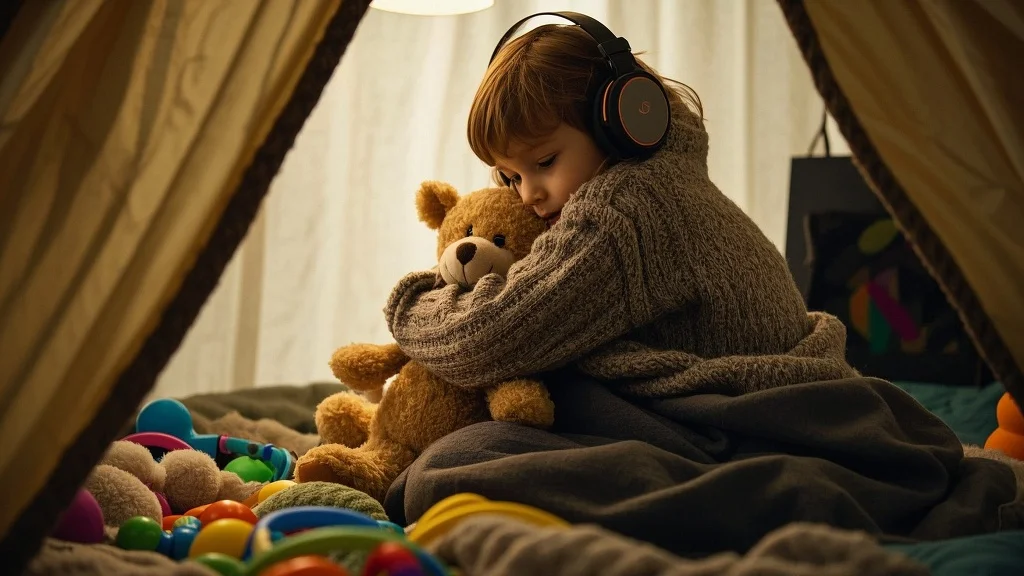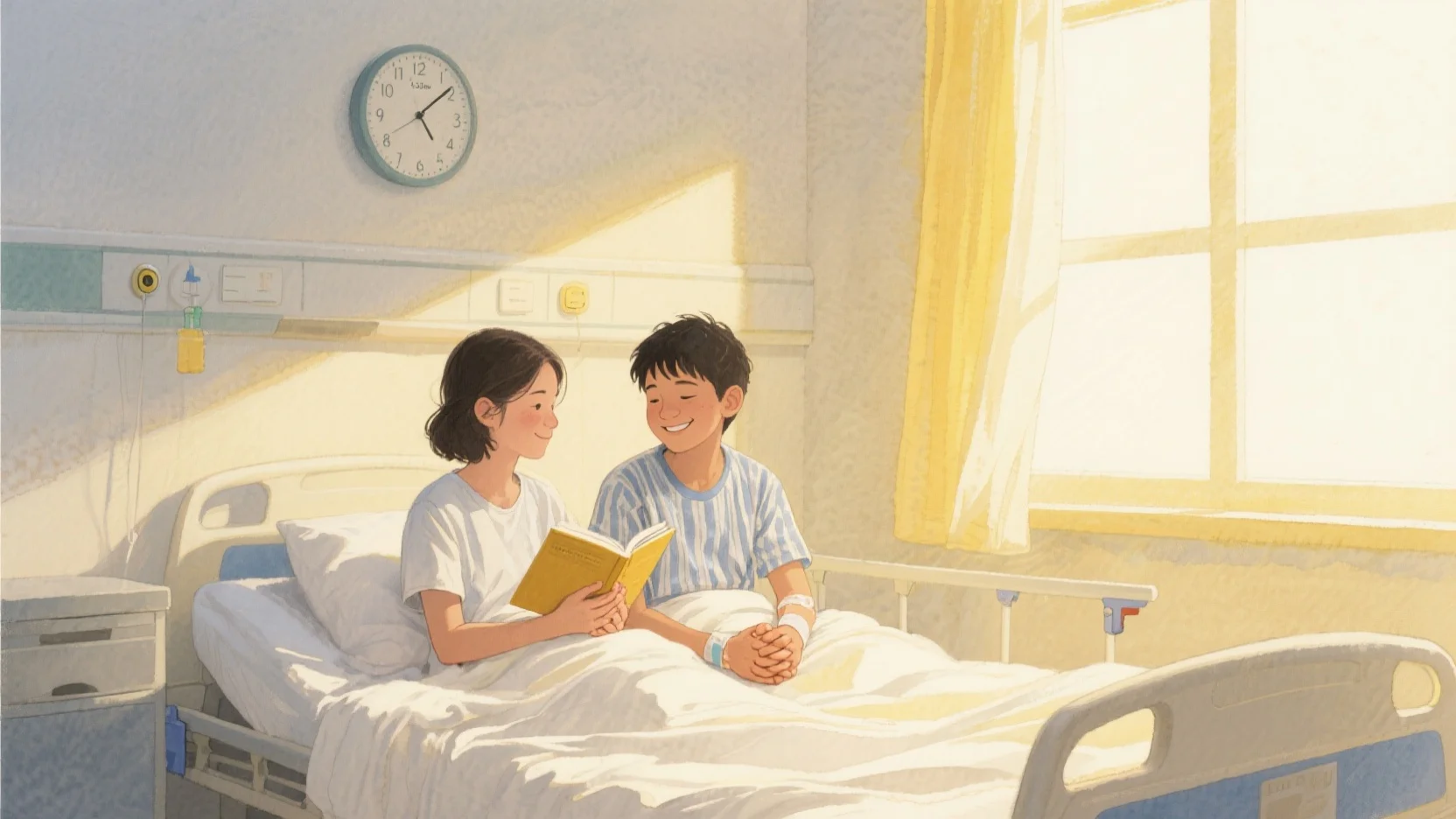Parents often worry when their child shows unusual behavior, fearing it might signal a mental health disorder. But how common are these concerns? A national survey of 400 parents, conducted in collaboration with the Child Mind Institute, reveals key insights—and a troubling gap between recognizing symptoms and seeking help.
The Reality of Childhood Mental Health
- 65% of parents delay seeking treatment for weeks or longer after noticing symptoms.
- On average, it takes two years for a child to receive a diagnosis after parents first spot concerning behaviors.
- 10–14% of children under 5 experience significant emotional or behavioral issues.
Why Parents Hesitate
- Fear of Overreacting
Many parents wait, worried they’re exaggerating. But early intervention is critical—seeking help is never an overreaction. - Stigma
71% associate mental health diagnoses with shame; only 36% would openly discuss their child’s struggles. - Misunderstood Symptoms
- Young children express distress through behavior (tantrums, aggression) rather than words.
- Teens may show classic depression signs, but screenings are only routine for ages 12+.
Red Flags vs. Normal Behavior
| Typical | Concerning |
|---|---|
| Occasional tantrums | Daily meltdowns over minor triggers |
| Nervous about new situations | Avoids school/social events for months |
| Moody phases | Persistent sadness or irritability |
Key Insight: If behavior disrupts daily life for weeks or occurs across settings (home, school), consult a professional.
How to Take Action
- Start with Your Pediatrician
They can rule out medical causes (e.g., thyroid issues) and refer you to specialists. - Find the Right Specialist
- Child psychologists (therapy)
- Child psychiatrists (medication if needed)
- Clinical social workers (family support)
- Trust Your Instincts
If a provider dismisses your concerns or progress stalls after 3–6 months, seek a second opinion.
Good sign: A therapist gives concrete examples of how they’ve helped similar kids.
Why Early Intervention Matters
- Brain plasticity: Young brains respond faster to therapy—sometimes in 4–6 sessions.
- Long-term benefits: Treated kids perform better academically and develop resilience.
Bottom Line: Don’t wait. As one parent shared, “Effective therapy transformed our lives.”








